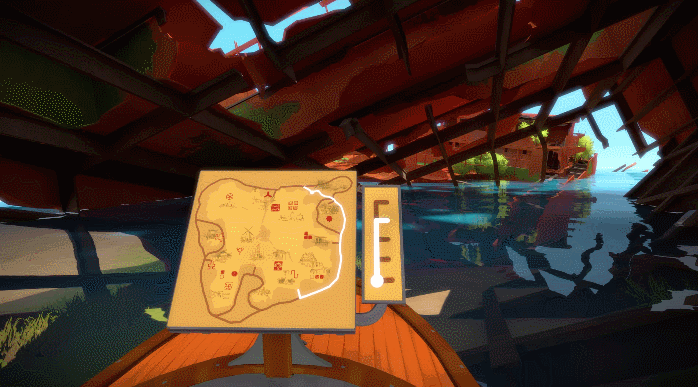Why move to Sony's console for the follow-up? Speaking to Ars, Jonathan Blow said it wasn't about either platform being technically superior or any big money backroom deals. For Blow, the issue seemed to be as simple as access.
"For a while, I presumed we'd do a PS3 port [of The Witness]," Blow said during the interview. After Braid finally hit the PS3 in late 2009, Blow said he was more open to launching The Witness on every platform possible. "As we went on and the game's ambition became bigger, I realized itd be harder to shoehorn onto PS3itd be a debilitated version of the game."
At that point, Blow instigated an e-mail conversation with his Sony contact, former games journalist Nick Suttner, saying, "Look, we cant do PS3, but I know therell be a new console at some point. Please keep us in mind for that." The result: Blow was invited to a pre-announcement PS4 summit at the company's Foster City, California headquarters. Blow said the two-day summit included a mix of independent developers and representatives from companies like id Software and revolved around the expected technical specs of the unannounced system.
Following that event, Blow reached out to a Microsoft developer contact with similar questions. Could they acknowledge a new system was coming? Could they offer specs? The reply that Blow says he got: "I have no political path to making something like that happen for an independent developer."
Ambition > process
After that, Blow joined Sony representatives at a February 2013 event in announcing The Witness' timed console exclusivity for the PlayStation 4. Months later, Sony announced its plans to avoid restrictive DRM that would otherwise hamper used gameplay. Blow admits that was probably a bigger factor in Sony's continued current-gen console sales success"indie dev engagement wasn't the biggest thing by far, but it was one of the items."


